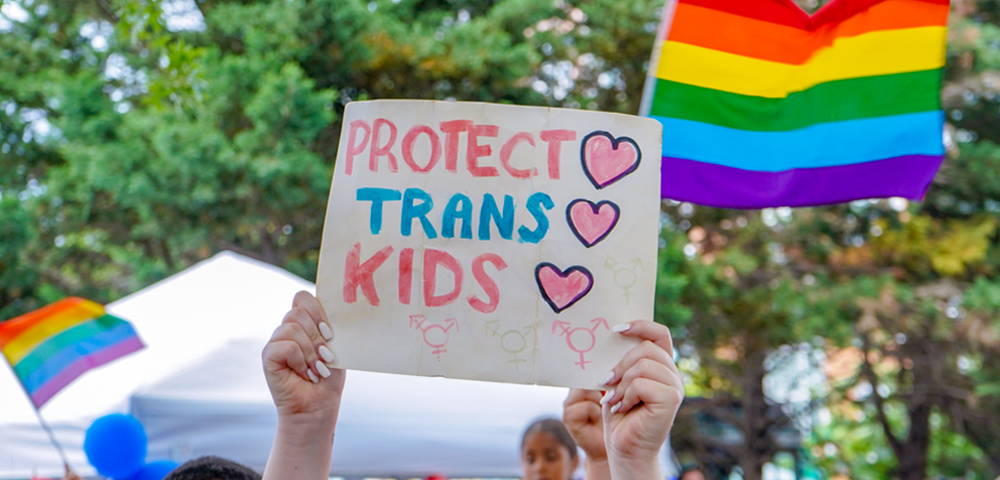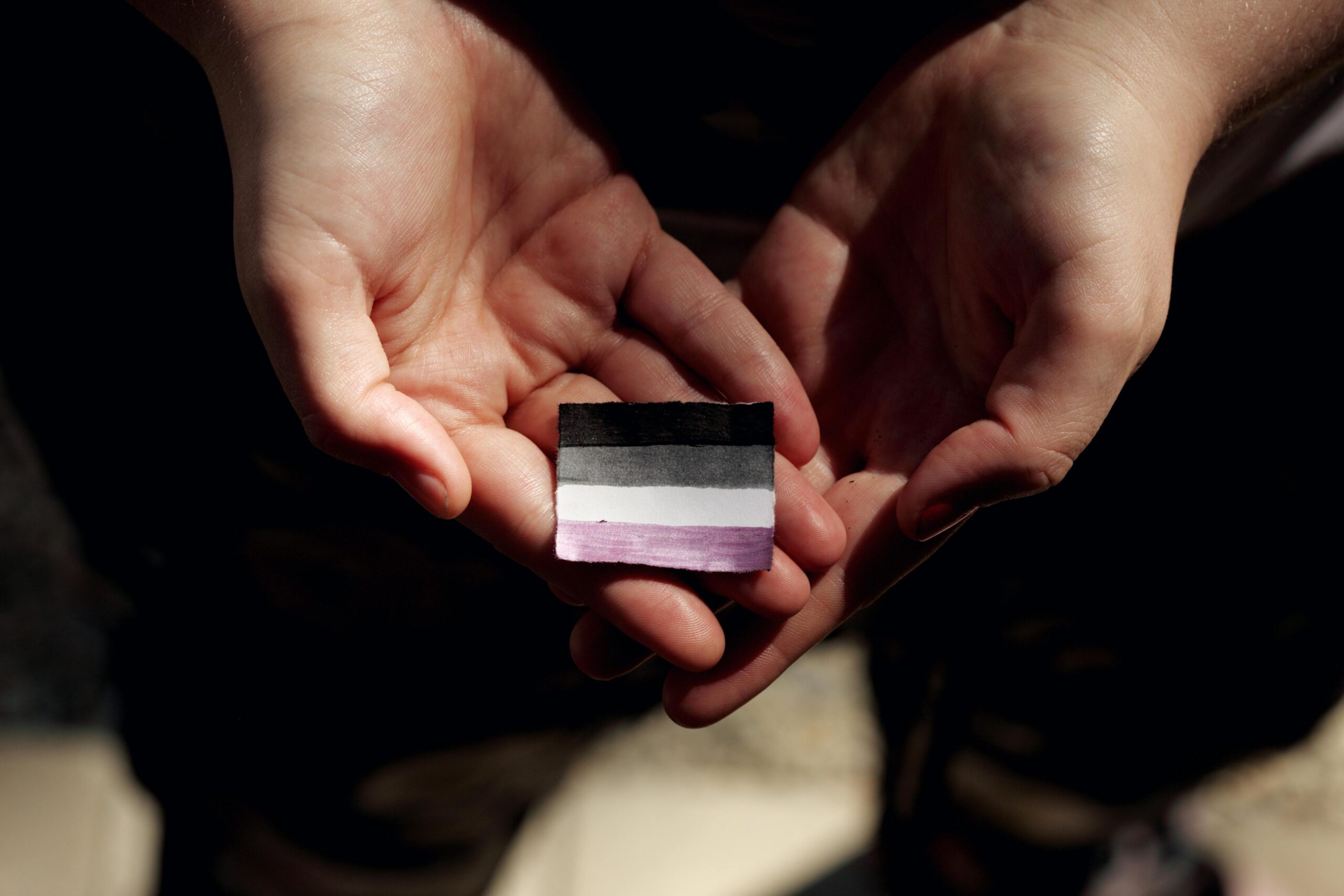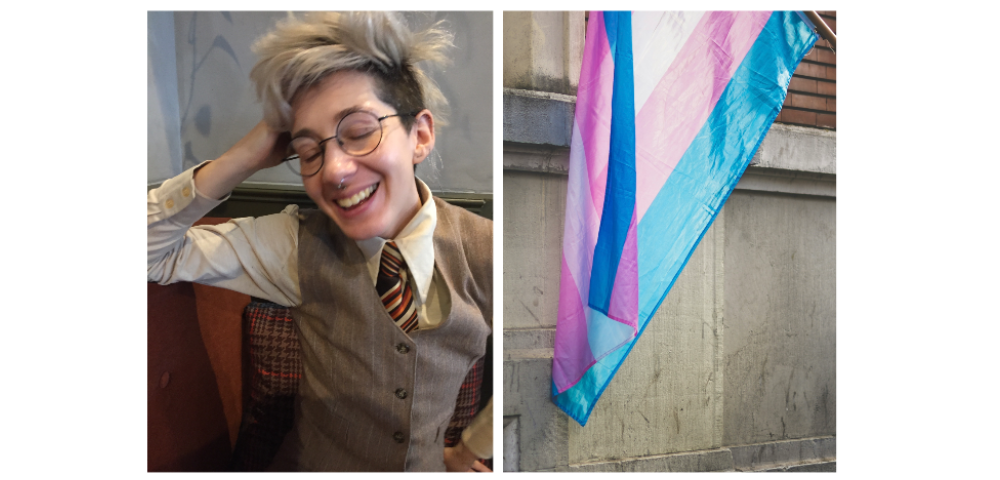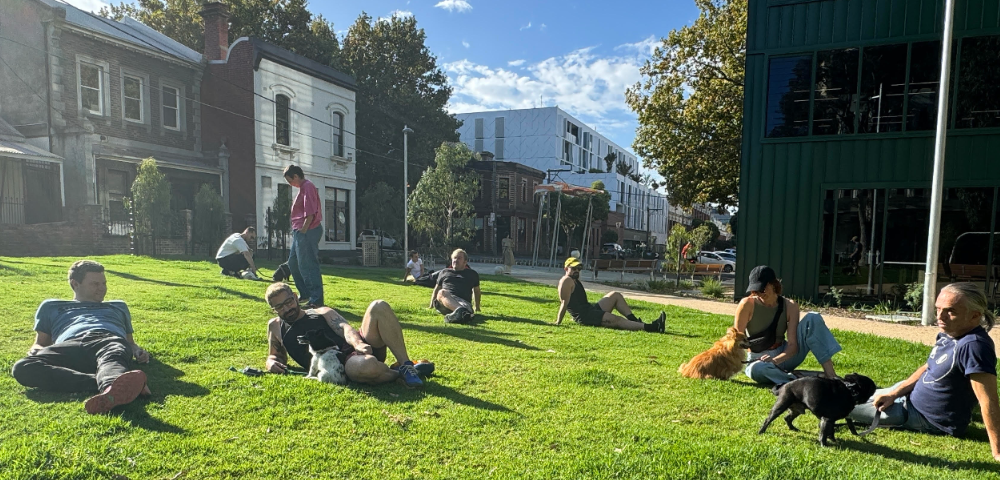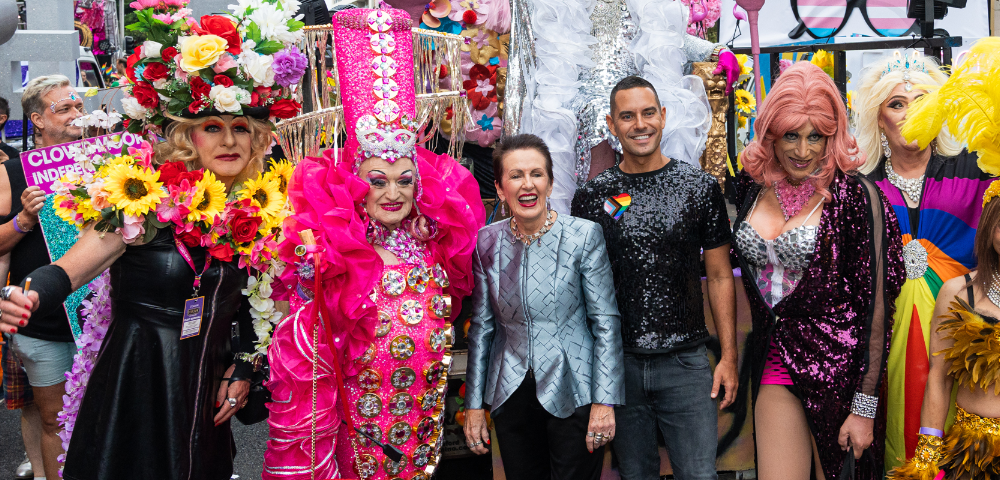
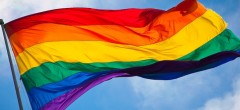
ON May 17, 1990, one day shy of my 10th birthday, the World Health Organisation did something that helped benefit the person I was growing up to be: they removed homosexuality from the International Classification of Diseases.
Growing up in western Sydney, with a traditionally religious family and community, I didn’t realise the impacts this would have on me at a later stage in life. At 10 years old, I was too young to comprehend what this meant, but now — as a 34-year-old — this day means the world to me.
Since 2004, the anniversary of the World Health Organisation’s landmark move has become a globally-recognised day where discrimination, bigotry and persecution of LGBTI people is highlighted, challenged and the fight for a better future is advanced.
It is known as the International Day Against Homophobia and Transphobia, or IDAHOT. It is also known as IDAHOBIT, which is inclusive of bisexual and intersex people.
IDAHOT is a very important day. It allows global communities across almost 120 countries to speak up, to raise awareness, and to fight against discrimination, violence and the persecution of LGBTI people through active engagement within the public, the media, policy makers and of course members of society.
For me personally, the day not only represents how far we have come (globally) but also how much more we have to fight for ahead of us. However, there are many issues that IDAHOT addresses — a recent example is the barbaric new law being proposed in Brunei, which could allow for the fatal stoning of gays. Our leaders should be standing up for global LGBTI people to be supported in their own countries — or at least have proper refuge elsewhere.
While the world is currently going through a marriage equality revolution, one state or country at a time, IDAHOT not only tackles issues of equality — it embraces the need for the world to continue to fight for LGBTI people who still do not have the basic freedoms many of us in western countries have: the right to exist as who we are.
My background is in helping young LGBTI people from the horrors of bullying, which is known to have long-lasting effects into their lives — including tragic and entirely preventable cases of self-harm and suicide. I started The Community Brave Foundation due to the homophobia I experienced growing up, which often manifested itself in bullying. I also knew that I was one of so many young people who experienced this level of backlash just for being ourselves.
From the young people I have spoken with, any form of phobia due to sexual orientation or gender identity is usually expressed by an oppressor through fear. Sometimes it is the fear of not understanding. Sometimes it is the fear of religious persecution. Sometimes it is the fear of non-acceptance. Whatever it has been, I can assure you that in many cases, homophobia and transphobia have a direct link to young LGBTI people being bullied, harassed and intimidated — something no child should ever have to suffer.
So how do we, as a community, combat the phobias that plague the LGBTI community? This won’t be an overnight fix. Societal change requires long term sustainable solutions that are enacted by all parties for them to work. Change may be slow at first, but once momentum starts, it becomes hard to stop.
Firstly, we need to start reaching outside the LGBTI communities with education. We need to look beyond the walls of preaching to the converted to address the fears in religious communities, rural towns or countries where being LGBTI means dealing with persecution or risking a death penalty. We need to help these communities understand that we are of the same species and not a minority group that is to be feared or hunted.
From the top down, our leaders need to step up, such as through the UN to help condemn hatred or discrimination towards LGBTI people. From the grassroots of society — people like you and me — we need to all take an active role in stopping homophobia or transphobia whenever we see it: in the workplace, online, schools, or at home. As bystanders, we need to shut it down as soon as it happens.
In 2013, Australia’s Chief of Army, Lieutenant General David Morrison, echoed this concept in his acclaimed speech: “The standard you walk past is the standard you accept.”
The other important aspect is to also combat these phobias from within our community itself. The LGBTI community is continually engaged in a war with itself — members from one side of the community versus members from the other. I often see gay guys clashing with lesbians, or trans* people in heated disputes with other trans* people. This needs to stop. The lateral hostility, the politics, the exclusion of some because of factional alliances — forged years before even my time — need to be addressed through diplomatic approaches before we are ever going to achieve a world without phobias against LGBTI people.
After all, if we cannot stand united, what chance do we have beating the bigots lurking on our doorstep?
So on May 17, attend a rally. Hand out flyers. Talk to people from within the LGBTI community on how you can do more. Educate a family member or friend on the plight of our communities struggles not just here at home, but across the globe. But IDAHOT should not just be about May 17. It should be about 365 days per year. We should always fight discrimination, persecution and bigotry and never turn a blind eye to it.
As such, we celebrate and remember on May 17 each year, but we should be striving to do these things and become more actively involved in the community every single day of the year.
Remember, change won’t occur on its own. It starts with you.
Rami Mandow is the Founder and Chairman of The Community Brave Foundation. Follow him on Twitter
Details: www.thecommunitybravefoundation.org




